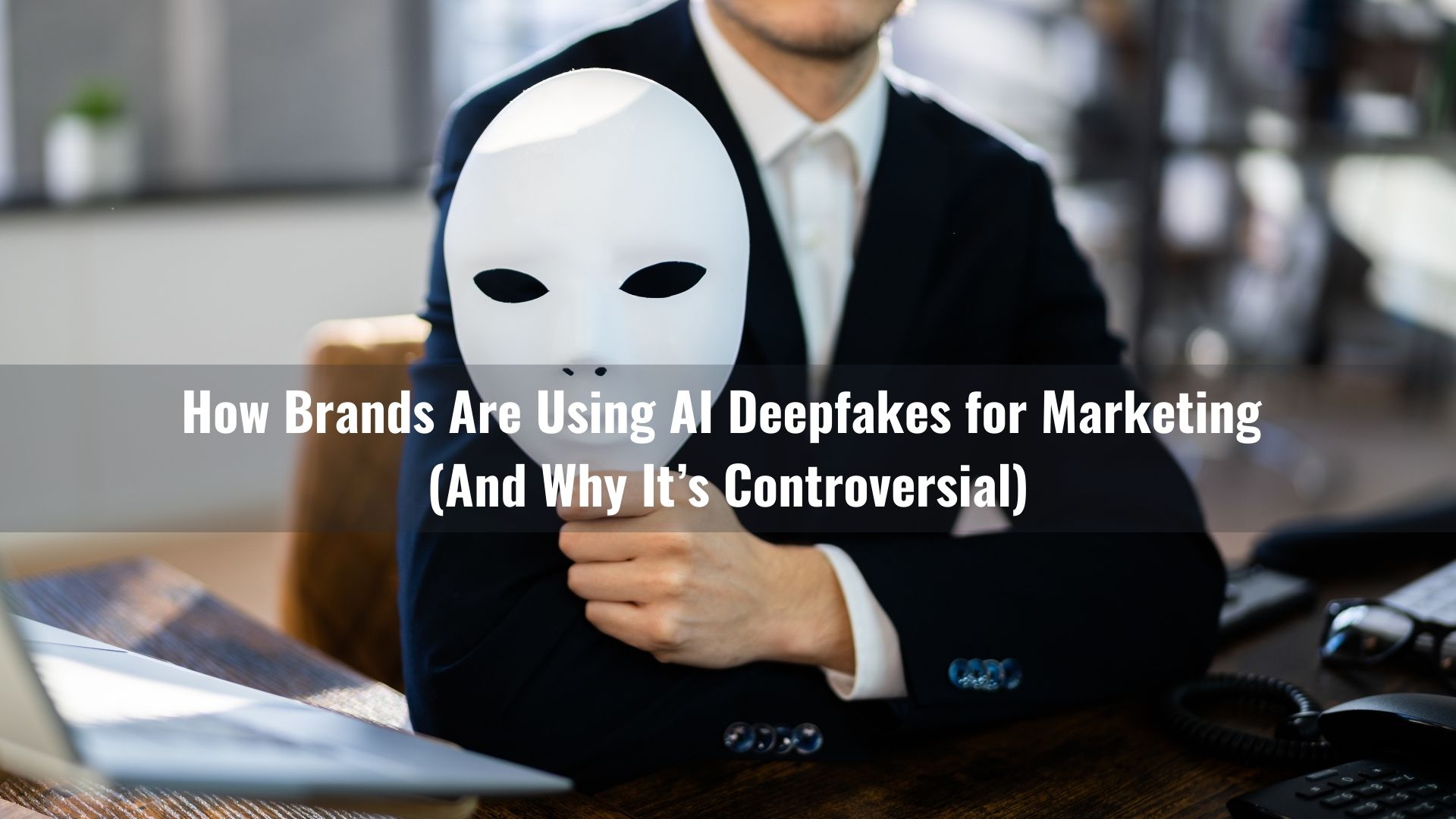AI deepfakes have moved beyond entertainment and social media into the marketing world. Brands leverage this technology to create hyper-realistic digital ads, resurrect historical figures, and generate virtual influencers. While these innovations open up exciting new possibilities, they also raise ethical and legal concerns. Here’s how companies use AI deepfakes in marketing and why it’s a hotly debated topic.
1. How Brands Are Using AI Deepfakes
a. Virtual Influencers and Brand Ambassadors
AI-generated personalities like Lil Miquela have taken social media by storm. Brands use virtual influencers to promote products without the unpredictability of real human influencers.
b. Personalized Advertising
Deepfake technology allows brands to tailor ads by modifying facial expressions, languages, and emotions based on the target audience, making marketing more immersive and interactive.
c. Digital Resurrections
Companies have used AI to bring back historical figures or deceased celebrities for advertising campaigns. This can create a nostalgic or emotional connection with audiences.
d. Real-Time AI Avatars
Brands are experimenting with AI avatars that interact with customers in real-time, enhancing customer service and live commerce engagement.
2. Why It’s Controversial
a. Ethical Concerns
Using AI to manipulate faces and voices raises ethical questions about authenticity and consent. When does creative marketing cross the line into deception?
b. Misinformation Risks
Deepfakes can be used to spread false information or manipulate public perception, making it difficult for audiences to distinguish real from fake.
c. Legal and Copyright Issues
Brands using deepfake technology must navigate copyright laws, privacy rights, and consent issues, mainly when featuring public figures or celebrities.
d. Consumer Trust
While AI deepfakes can create compelling marketing, there’s a risk of eroding consumer trust if audiences feel manipulated or misled.
3. The Future of AI in Marketing
Despite the controversies, AI-driven content creation is here to stay. As regulations develop, brands must balance innovation with ethical considerations to maintain credibility and consumer trust.
What do you think about AI deepfakes in marketing? Are they the future of advertising or a dangerous trend? Let us know in the comments!

